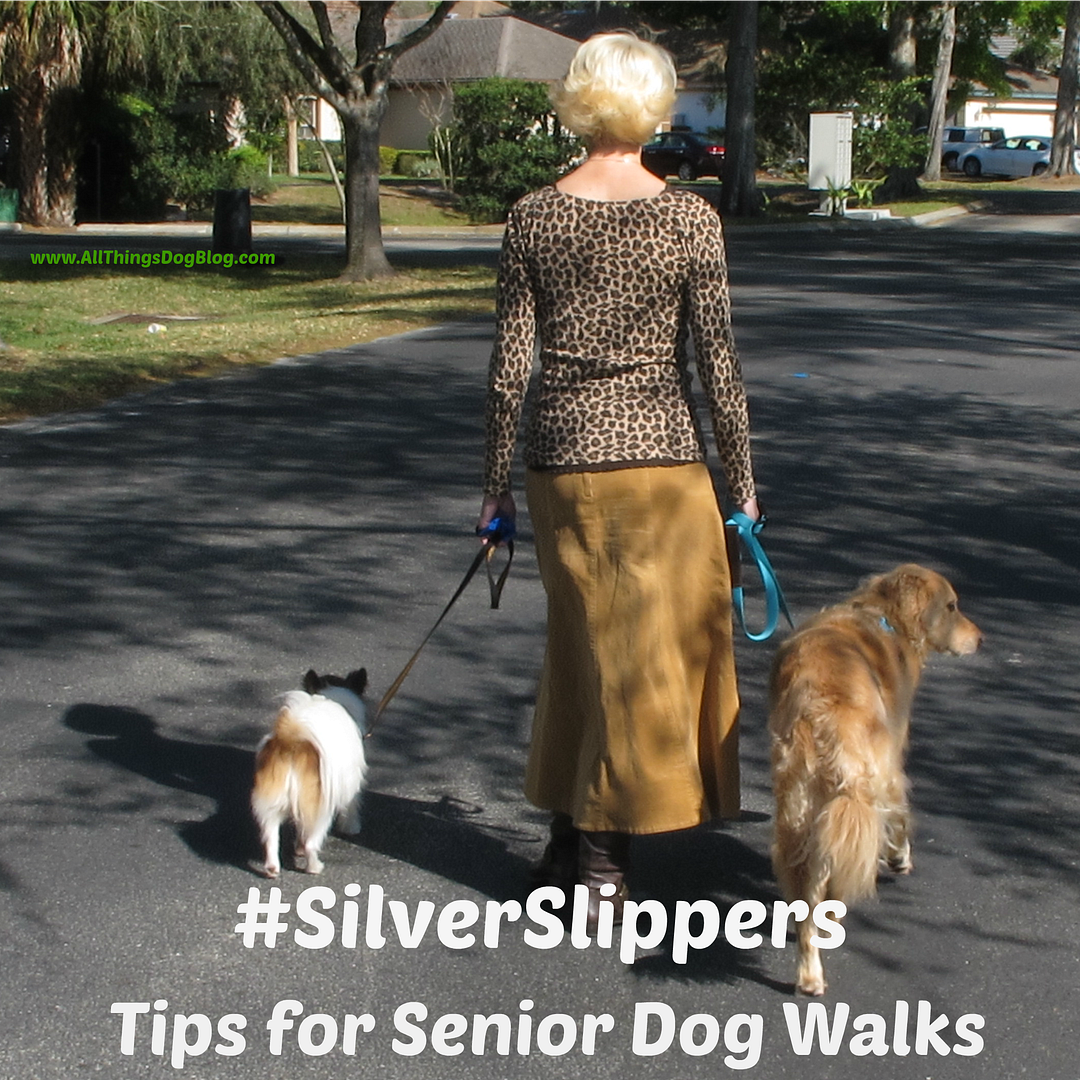Our veterinarian prescribes prednisone. 2/day for seven days, 1/day for seven days, 1 every other day for 10 days. We were told that the shot and the pills (he's had both, this is the first time using pills though) tend to last about a month, which confused me as far as the pills. Does that mean they should last until a month after the first dose, or a month after the last dose? If a month after the first does, does that mean he will be needing to take pills almost every day for as long as he is exposed to whatever allergen is causing the itching?
Cynthia
----------------------------------------------------------------------
Hi Cynthia,
Allergies can be very frustrating for my patients and their owners. The first thing I tell my clients, when allergies is the diagnosis, is that allergies are 2 things, #1 expensive and #2 frustrating. There is no cure, only different ways of managing them. 100% flea control is a must. I've heard many times that "we've never had a flea problem." Unfortunately, that's not good enough. A topical, monthly flea preventative is a must. My favorite is K-9 Advantix because it also protects against biting flies and mosquitoes. Anything that can cause an itch will make an allergic dog, or person, worse regardless of whether they are allergic to it or not.
The 2 major categories of allergies are food and environmental (fleas included). The only way to diagnose a food allergy is with a food trial. There are may foods that can be used for this, but none of them are over-the-counter and all require a prescription. Sensitive skin diets that are over the counter only work for the mildest cases. My favorite diet for a food trial is Hill's Z/D Ultra. 99% of the time, the allergy is to a protein source. The protein in Z/D Ultra is broken down into such a small size that the immune system cannot recognize them, and therefore it cannot react to them. The other route to take would be to feed a novel protein diet that contains a protein source that your dog has never seen before, such as venison, duck, rabbit, or fish. It is very rare to have an allergy to a carbohydrate source. So all that talk out there about "grain free" food is mostly nonsense :-). There are skin and blood tests for foods, but they are not accurate and should be totally ignored.
Pollen allergies, or Atopy as it is known in my world, are extremely common and have an average age of onset of 2 years, with the range usually being from 6 months-3 years of age. The best way, in my opinion, to handle this is to have your dog tested and start immunotherapy (IT), or as it's better known, allergy shots. This addresses the underlying issue, rather than just treating the symptoms. There are two ways of testing, blood or skin testing. Skin testing is the gold standard, but is expensive and usually requires anesthesia. Blood testing methods have improved greatly over the past few years and produce much fewer false positives than they have in the past. The goal of IT is not to cure the allergies. Basically, IT simulates production of certain cells that will intercept the allergen before the bad cells that cause the allergic reaction have a chance to get their hands on it. The goal is to make the outbreaks fewer and less severe so that we do not need to use Prednisone as much. The Prednisone tablets only last for 12-24 hours, not one month. There is a long lasting steroid injection called Depomedrol that can last 2-4 weeks, but I generally do not use it because once you give it, it cannot be taken back.
Other options for controlling the symptoms of allergies include Atopica, anti-histamines, and shampoos. Atopica is an immunosupressive medication (Cyclosporin) that is similar to Pred, but does not have the side effects that Pred has. Antihistamines, such as Benadryl, Zyrtec, and Claritin tend to only work in mild cases and at high doses. Shampoos that contain Chlorhexedine, Ketoconazole, or Cortisone can help as well. Shampoos should be used in most cases to remove the allergens from the surface of the skin and to wash away dirt and inflammatory debris.
Fish oil is another must in patients with allergies. Welactin is the fish oil supplement that I recommend for dogs. The brand matters tremendously. Not all supplements are created equally and they are not regulated by the FDA. I know Welactin and I know it's bio-availability and it's the only one I trust.
Many times an multi-modal (using more than one of the above products) approach is much better than single agent therapy. Remember, we cannot cure allergies. We can only manage the symptoms.
Allergies can be very frustrating for my patients and their owners. The first thing I tell my clients, when allergies is the diagnosis, is that allergies are 2 things, #1 expensive and #2 frustrating. There is no cure, only different ways of managing them. 100% flea control is a must. I've heard many times that "we've never had a flea problem." Unfortunately, that's not good enough. A topical, monthly flea preventative is a must. My favorite is K-9 Advantix because it also protects against biting flies and mosquitoes. Anything that can cause an itch will make an allergic dog, or person, worse regardless of whether they are allergic to it or not.
The 2 major categories of allergies are food and environmental (fleas included). The only way to diagnose a food allergy is with a food trial. There are may foods that can be used for this, but none of them are over-the-counter and all require a prescription. Sensitive skin diets that are over the counter only work for the mildest cases. My favorite diet for a food trial is Hill's Z/D Ultra. 99% of the time, the allergy is to a protein source. The protein in Z/D Ultra is broken down into such a small size that the immune system cannot recognize them, and therefore it cannot react to them. The other route to take would be to feed a novel protein diet that contains a protein source that your dog has never seen before, such as venison, duck, rabbit, or fish. It is very rare to have an allergy to a carbohydrate source. So all that talk out there about "grain free" food is mostly nonsense :-). There are skin and blood tests for foods, but they are not accurate and should be totally ignored.
Pollen allergies, or Atopy as it is known in my world, are extremely common and have an average age of onset of 2 years, with the range usually being from 6 months-3 years of age. The best way, in my opinion, to handle this is to have your dog tested and start immunotherapy (IT), or as it's better known, allergy shots. This addresses the underlying issue, rather than just treating the symptoms. There are two ways of testing, blood or skin testing. Skin testing is the gold standard, but is expensive and usually requires anesthesia. Blood testing methods have improved greatly over the past few years and produce much fewer false positives than they have in the past. The goal of IT is not to cure the allergies. Basically, IT simulates production of certain cells that will intercept the allergen before the bad cells that cause the allergic reaction have a chance to get their hands on it. The goal is to make the outbreaks fewer and less severe so that we do not need to use Prednisone as much. The Prednisone tablets only last for 12-24 hours, not one month. There is a long lasting steroid injection called Depomedrol that can last 2-4 weeks, but I generally do not use it because once you give it, it cannot be taken back.
Other options for controlling the symptoms of allergies include Atopica, anti-histamines, and shampoos. Atopica is an immunosupressive medication (Cyclosporin) that is similar to Pred, but does not have the side effects that Pred has. Antihistamines, such as Benadryl, Zyrtec, and Claritin tend to only work in mild cases and at high doses. Shampoos that contain Chlorhexedine, Ketoconazole, or Cortisone can help as well. Shampoos should be used in most cases to remove the allergens from the surface of the skin and to wash away dirt and inflammatory debris.
Fish oil is another must in patients with allergies. Welactin is the fish oil supplement that I recommend for dogs. The brand matters tremendously. Not all supplements are created equally and they are not regulated by the FDA. I know Welactin and I know it's bio-availability and it's the only one I trust.
Many times an multi-modal (using more than one of the above products) approach is much better than single agent therapy. Remember, we cannot cure allergies. We can only manage the symptoms.
Dr. Mark
 |
| © courtesy m.n. Dr. Nunez |
Want to read more from Dr. Mark? Try these, or visit his archives:
Dogs Who Eat Bugs










































2 comments:
Colby said...
Thanks for this post. My black lab, Stetson has had allergies since he was about 2 years old. The one thing that I found did work was Atopica and used it for about 3 months. However, I didn't like the side effect. Stetson was always nauseous after taking the pill and often vomited about an hour after taking his pill which he had to take every other day. I stopped giving him the Atopica and the allergy symptoms have returned. I'm going to talk to my vet to see if there's another option.
Pup Fan said...
My Bella has a flea allergy too, so I can definitely relate to this post!
Post a Comment